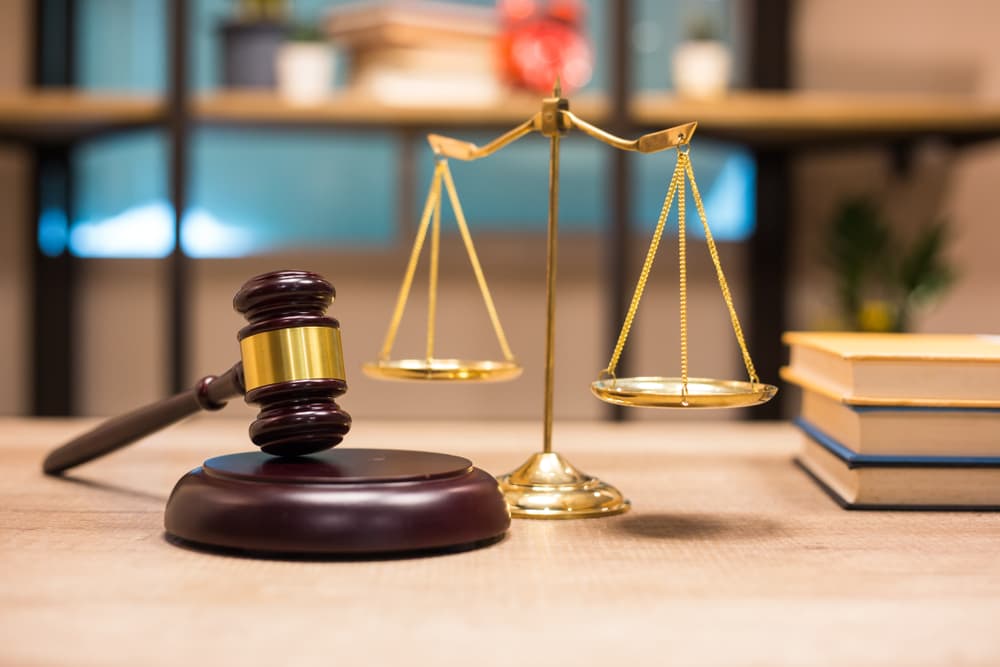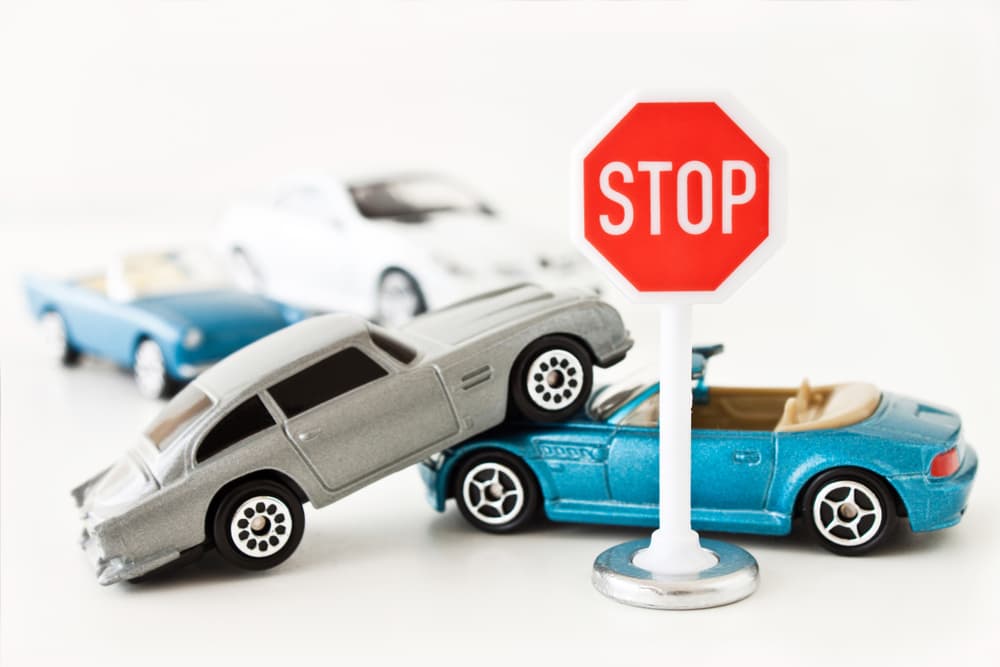6 Things NOT to Do after a Chicago Bicycle Accident
According to the U.S. Census Bureau,1 the percentage of people who bike to work in Chicago increased from .5 percent to 1.3 percent between 2000 and 2010. Getting to work is just one reason to ride a bike, however, and people throughout the area ride a bike for recreation and exercise as well. As a result, there are thousands of bicyclists riding throughout the area at any given moment.
While the health, financial, and environmental benefits of bicycling are undeniable, riding a bike also puts you at risk of involvement in accidents that can cause serious injuries, including TBIs,2 broken bones, and serious tendon and ligament strains and tears.
The things that you say and do after an accident can have an impact on your ability to recover compensation. Here are three things you should NOT do after involvement in a bicycle accident in the Chicago area.
Apologize
In life, it is often appropriate to apologize even if something is not your fault. For example, if someone bumps into you on the train or grocery store, it may be reflexive for you to say “I’m sorry” or “pardon me.” While this is certainly considered polite by many people, apologizing after an accident can be viewed as an admission of fault and should be avoided.
Police Report
Once in a while, we will hear about a driver trying to convince an injured biker to not file a police report. This is a bad idea. Contact the police and let them investigate and prepare a report. If a report is not made, it’s very easy for a defendant to later change his or her story or to even deny involvement in the accident.
Injury Lawyer
Don’t fail to contact an experienced bike accident lawyer as soon as possible after an accident. So many things can go wrong when trying to handle a claim on your own. It’s so easy to be taken advantage of, and often unrepresented accident victims unknowingly damage their own case. You certainly don’t have to use the services of an injury law firm, but you might as well call for a free consultation and learn how they can help. Click here to learn more.
Written or Recorded Statement
While the defendant’s insurance adjuster might sound very convincing, you are not required to give a written or recorded statement. Giving a statement is not recommended. These statements can later be used against an injured bicyclist. If the insurance carrier continues to demand a statement, contact an experienced injury lawyer for guidance. If you’ve filed a claim with your own insurance carrier, while they are entitled to a statement, it is not recommended that you do so without first obtaining the guidance of counsel.
You Might Be Also Interested In
What Happens in a Personal…
Depositions are pivotal moments in personal injury lawsuits. They mark a transition from the discovery phase toward the…
View PostThe Largest Civil Lawsuit Settlement…
When someone suffers a serious injury or illness because of the negligent actions—or inactions—of an individual or company,…
View PostDid You Get into a…
Car accidents at stop signs may occur for numerous reasons. In some instances, another driver might fail to…
View Post


